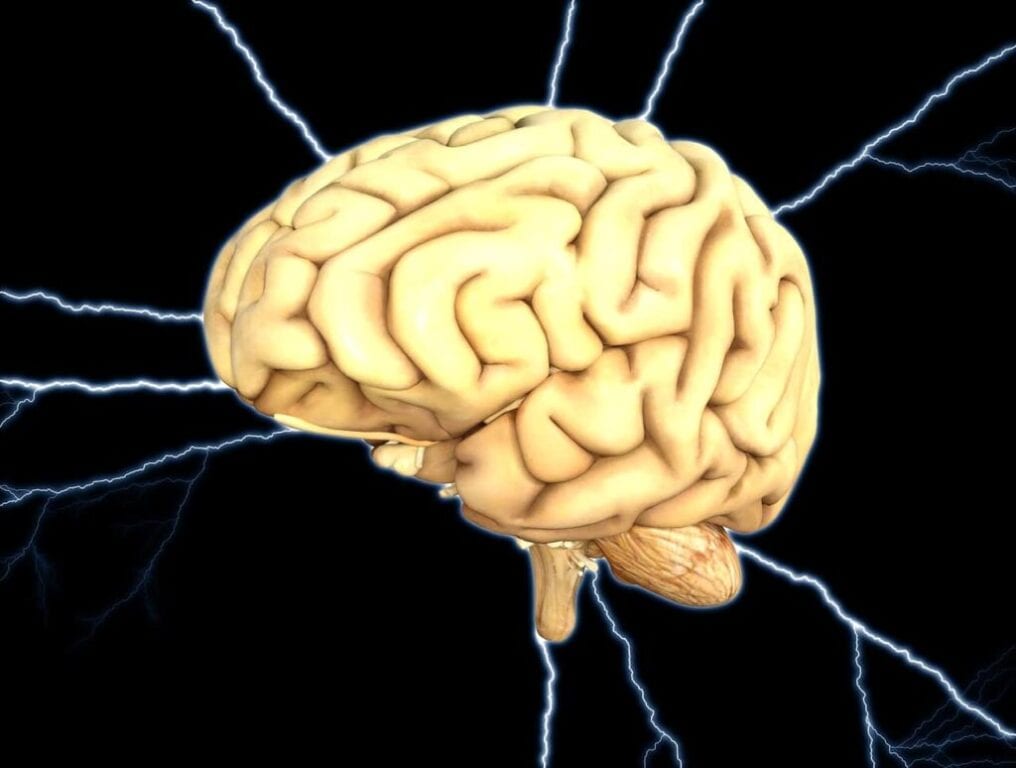Toxoplasmosis is transmitted by Toxoplasma gondii, the protozoan parasite which is known to be among the most common parasites worldwide. The infection occurs from contaminated meat, cat feces that are infected, or even transmission to the unborn during pregnancy.
According to a recent article in Genetic Engineering & Biotechnology News, estimates of eleven percent of the US population over the age of six have been found to be infected with Toxoplasma. Scientists have discovered a link between the parasite, Parkinson’s, Alzheimer’s disease, cancer, and epilepsy. One of the newer studies suggests that there is also a connection between the risk of developing glioma (a form of brain cancer) and the parasite infection.
About T. Gondii, A Common Parasite
The theory is that T. gondii’s natural leaning towards neural tissue could cause brain cysts. Studies have indicated that there is a connection between increased T. gondii infection and glioma.
A research team was assembled at the Moffitt Research Institute led by epidemiologist Dr. James Hodge and Moffitt Institute assistant member Dr. Anna Coghill. The researchers identified a relationship between T. gondii antibodies and the risk of glioma. The antibodies were analyzed a few years prior to the cancer being diagnosed.
This study presents the first evidence of the relationship between the risk of glioma and a T. gondii infection.
Participants in the study, with an average age of 70, were previously associated with the American Cancer’s Prevention Study II (CPS-II). Individuals from the Cancer Registry in Norway (Janus) also participated. The Janus study participants had a median age of 40, yet the researchers eventually found that the two groups had a common bond which was glioma and T. gondii antibodies.
About Glioma
Glioma is an especially rare and fatal disease with a five percent survival rate. The disease may occur at any age and anywhere in the spinal cord or brain, which is the primary location of glial cells. They are considered to be the nervous system’s support cells.
Dr. Hodge interjected by saying that the findings of the researchers do not present their opinion with certainty that T. gondii is the cause of glioma in every situation. He said that they have found some people who are diagnosed with glioma that do not test positive for T. gondii antibodies while others with the disease do test positive.
Dr. Coghill said that there is evidence that people who have increased exposure to the T. gondii parasite have a higher risk of developing glioma. She added, however, that the overall risk is low.
The authors of the study are looking ahead to future studies. Their hope is to reduce exposure to this extremely common pathogen and offer an opportunity to prevent this highly fatal disease.








